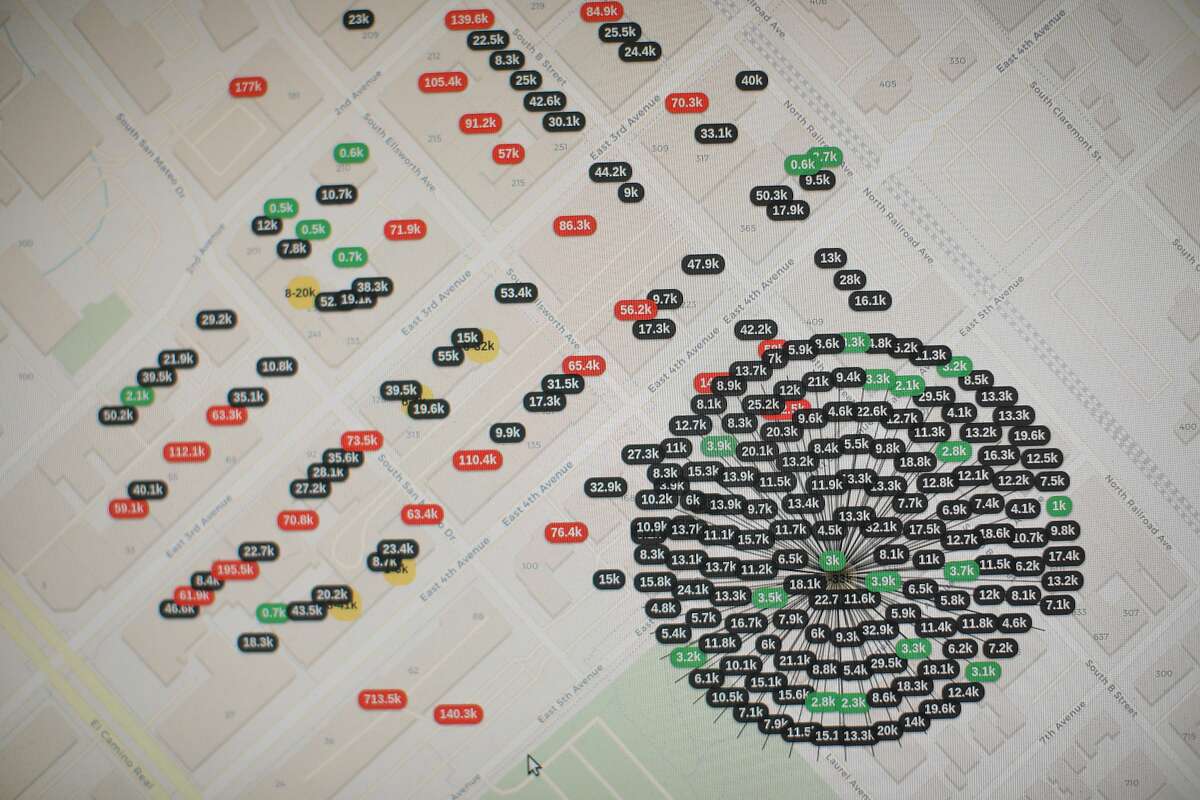California passed Proposition 19 which in February 2021 will put inheritance restrictions on real estate property tax exclusions. Specifically, if a child now inherits property, they will have his property tax rate basis raised to the current Fair Market Value if he does not live (or move into) the property (as primary). In many areas in CA this becomes a large tax burden if the basis is stepped up due to the exorbitant prices.
Some questions:
Can this be solved by the parents gifting the children the house prior to February 2021 - in affect adding them on the deed before the proposition takes affect so that they are joint owners?
If so, would this affect problems with the capital gains exclusions later when the parent's die as the property would not change hands at that point in the case of a desired sale of the house?
Our situation is we are 3 children. We do not want to necessarily sell the house, but do not want to be leveled with 5 to 6x the property tax rate once our parents pass on if we don't live in the residence (ie decide to rent out the house).
Has anyone tackled this problem? Or has suggestion?
Thanks.
Some questions:
Can this be solved by the parents gifting the children the house prior to February 2021 - in affect adding them on the deed before the proposition takes affect so that they are joint owners?
If so, would this affect problems with the capital gains exclusions later when the parent's die as the property would not change hands at that point in the case of a desired sale of the house?
Our situation is we are 3 children. We do not want to necessarily sell the house, but do not want to be leveled with 5 to 6x the property tax rate once our parents pass on if we don't live in the residence (ie decide to rent out the house).
Has anyone tackled this problem? Or has suggestion?
Thanks.

